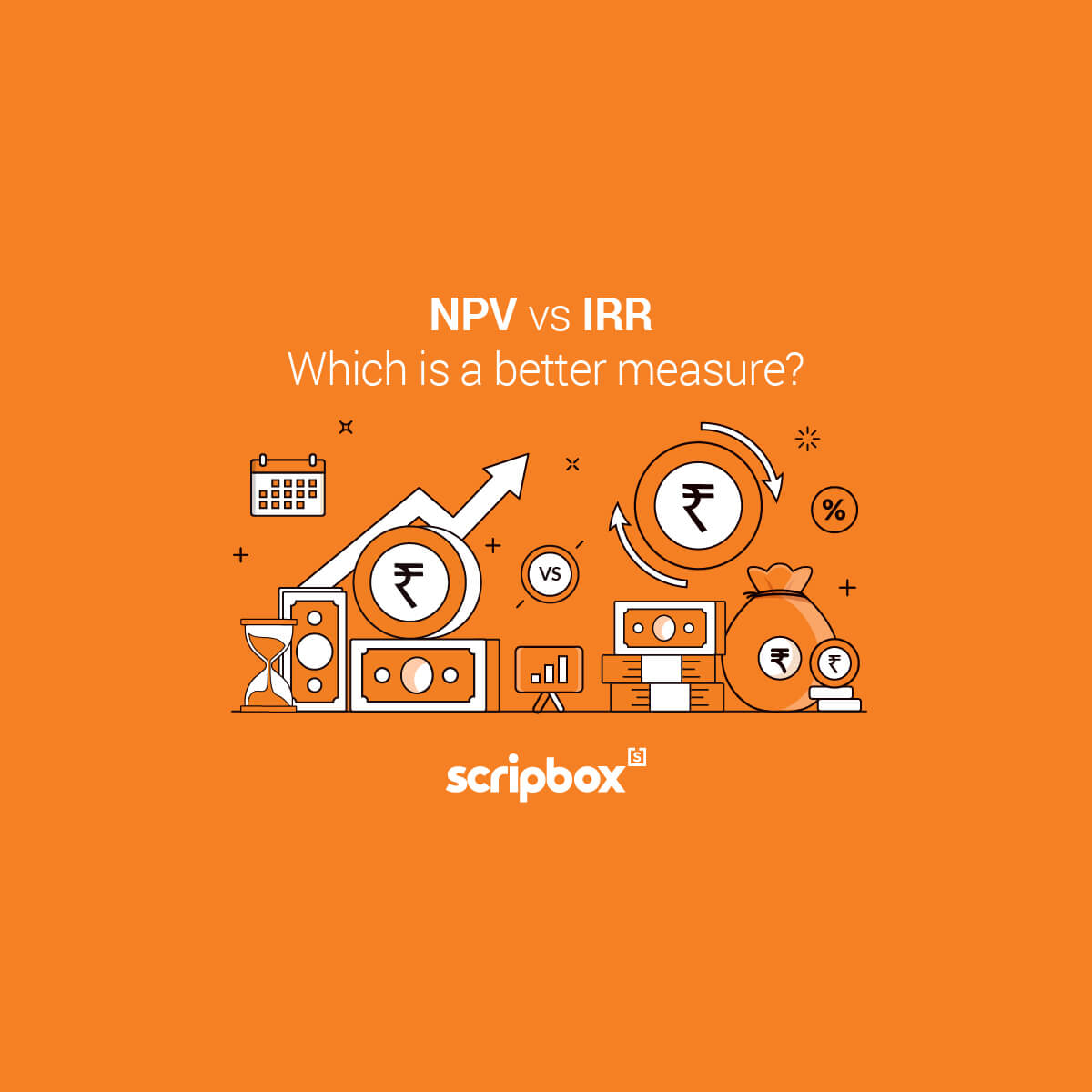
What Is the 3-Year Rule in Term Insurance and Claim Rejections?
Insurance companies cannot reject claims made on policies over three years. According to the Insurance Laws (Amendment) Act 2015 Section 45 no claim can be repudiated (rejected) after 3 years of the policy being in force even if the fraud...

What is Financial Literacy? Meaning, Importance, and Why It Matters
Financial literacy is the ability to manage one's money. The goal of financial literacy is to help in understanding financial concepts that will help them to manage their money better. It is a life skill that one must grasp for...

Annualized Return: Meaning & 5-Year, 3-Year Rate Explained
What is Annualised Return ‘Return’ is the yield that an investment generates over a period of time. It is the percentage increase or decrease in the value of the investment in that period. Returns on mutual funds are expressed in...

Inflation Meaning, Types, Causes & Definition Explained
What is Inflation in Economy? Inflation is an economic indicator that indicates the rate of rising prices of goods and services in the economy. Ultimately it shows the decrease in the buying power of the rupee. It is measured as...

Salary Slip: Format, Download Online
What is Salary Slip? A salary slip or payslip is a document issued monthly by an employer to its employees. A salary slip contains a detailed breakdown of employee salary and deductions for a given period. This document can be either...
Practical Insights For Wealth Creation
Our weekly finance newsletter with insights you can use
Your privacy is important to us

What is Renew & Repay in FD?: Principal & Interest
Fixed deposits are the most popular and sought-after investment options in India. Investors have the freedom to choose the investment amount and tenure of the deposit. However, investors need to withdraw their investments earlier than intended to meet certain emergencies....

NPV vs IRR – What is the Difference Between NPV and IRR?
Net Present Value (NPV) is a capital budgeting technique used to determine an investment's profitability. Internal Rate of Return (IRR) is a financial metric that estimates the return from an investment. Though both NPV vs IRR determine how profitable an...

Sovereign Gold Bond vs Physical Gold: Which is Better? Key Differences Explained
Gold is an asset that not only adds value to an investment portfolio but also helps in its diversification. Financial experts suggest that an investment portfolio should have at least 10%-20% of assets invested in gold. The main reason for...









